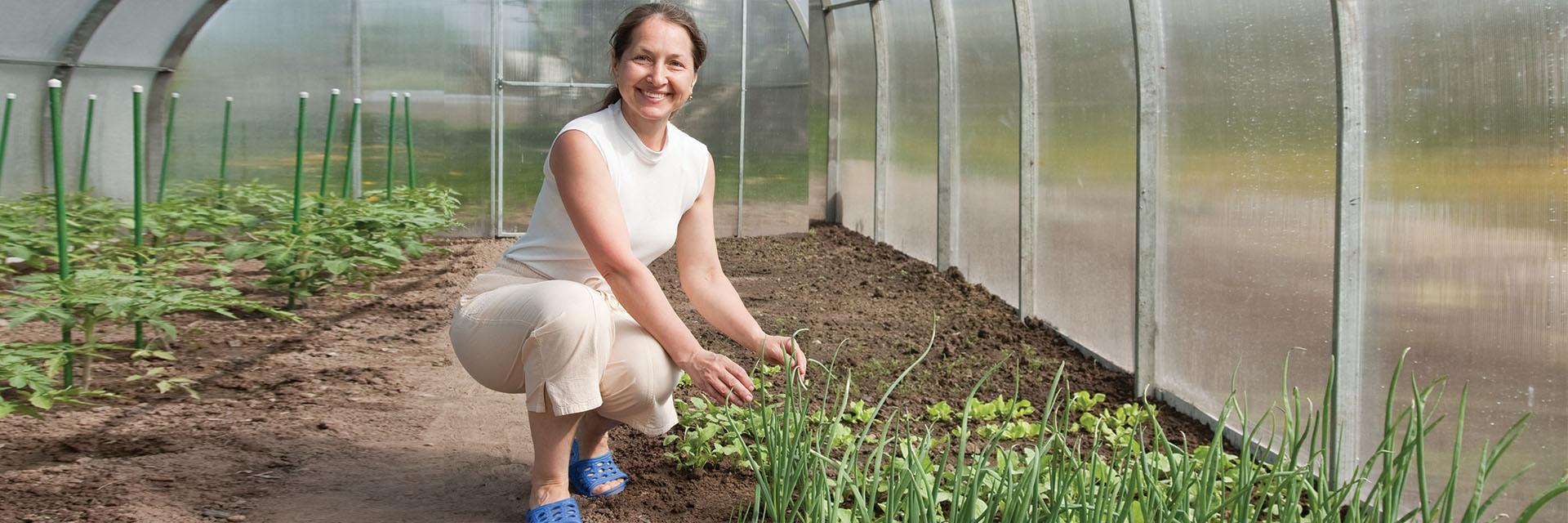A lot has changed just in the last few decades regarding environmental sustainability, and while many people have taken steps to lessen their environmental footprint, large corporations have been a bit slower in taking action.
At Texas Health, we’re committed to partnering with you for a better North Texas, and we know that includes environmental sustainability. Nobody knows that better than Shaun Clinton, senior vice president of supply chain management at Texas Health. We sat down with him to discuss Texas Health’s past initiatives for reducing its footprint on the environment, as well as current and future initiatives.
Large companies can also leave large environmental footprints, especially in the health care industry. For Clinton and Texas Health, environmental sustainability means impacting the community positively and doing the right thing.
“We live here in North Texas, too, and we can see the large impact we have on our community when it comes to the health and well-being of our consumers,” Clinton says. “One of the phrases we use a lot is ‘Make it easy to do the right thing,’ and I think that’s what we try to do when it comes to environmental sustainability.”
Doing the right thing starts with looking at usage, whether it be energy, water or a number of other resources. Hospitals produce more than 5.9 million tons of medical, office and electronic waste annually, according to a survey done by Health Facilities Management. Clinton says Texas Health has greatly reduced the number of items that enter the waste stream by integrating reprocessing across the system.
“Reprocessing is basically taking a product that would typically end up in the waste stream and having a specialized company reprocess it or bringing it back to the manufacturer’s original specs so that it can be reused,” Clinton explains. “Not everything can be reprocessed, but some things just make sense.
“Our environmental sustainability is two-fold: How do we minimize our footprint, and how do we utilize our resources properly?”
–Shaun Clinton, senior vice president of supply chain at Texas Health
“We have several examples of this, and the one that always comes to mind right now is pulse oximeters, the small plastic things they put on your fingers when you go into the hospital,” Clinton says. “Those have often been tossed in the trash in the past. So, by simply reprocessing those, and making it easy for the nursing staff and other clinicians to get them into a container so we can reprocess them and then buy them back, we avoid the waste stream altogether.”
Clinton says Texas Health also compares its efforts with other health care systems across the country to see what works for them and how it can integrate new initiatives into the system, something that is not only good for the environment but allows the system to reduce costs, as well.
“Our environmental sustainability is two-fold: How do we minimize our footprint, and how do we utilize our resources properly?” Clinton says.
Every year, Texas Health invests millions of dollars in efficiency projects across the system and reduces or recycles waste in an effort to protect the environment and reduce costs.
Texas Health contracts with a national waste disposal company that provides waste-handling training, and removes hazardous chemicals, pharmaceuticals and waste directly from our facilities. We also:
- Recycle office waste, such as paper, boxes, plastic, aluminum, packaging and steel. We also host community shredding events.
- Distribute older furniture and medical equipment to smaller clinics in need rather than putting them into a landfill.
- Recycle computer components, medical equipment, telephones, printers, servers and other electronics.
- Reduce linen weight to reduce laundry water and energy use and associated costs.
In 2016, Texas Health drafted a systemwide policy to provide a single process for handling, storing, documenting and disposing of various waste streams. Texas Health has also implemented a systemwide pharmaceutical waste program that formalizes collection processes and helps to ensure content and containers are properly disposed of.
Clinton says companies have come a long way in reducing their environmental footprint from the days when just having a recycling bin in your office meant you were eco-friendly. Texas Health keeps forging ahead, utilizing new technologies and fostering innovative ideas.
“Texas has a large and growing renewable energy base, so we’re trying to understand how to make it economically feasible for an organization our size, and the numbers are coming back fairly positive at this point so hopefully we’ll be able to move on that in the near future as well,” he adds. “For us, it’s the ability to show companies, large and small, that a company the size of Texas Health Resources really does care about the environment. Because of our size, some of these unique companies approach us with things around environmental sustainability, and we can help them scale up rapidly with their innovative ideas.”
That’s how Texas Health has committed to creating a brighter, more sustainable future, but Clinton says environmental sustainability can start with even the smallest change, no matter the size of your organization.
“If [your office doesn’t] have a recycle bin, start there. Paper is one of those things that’s omnipresent, but you can take small steps to even reduce the paper footprint that you have,” Clinton says. “For us in supply chain, it was something as simple as moving to electronic signature, which has been out there for a while, and our paper costs and our paper utilization have gone way down. So, I think any office that depends on signatures of any kind should take a look at electronic signatures if they haven’t already.”
To hear more Texas Health Out Loud podcasts, visit our website at TexasHealth.org/OutLoud. You can also subscribe to our podcasts on iTunes and Google Play.

